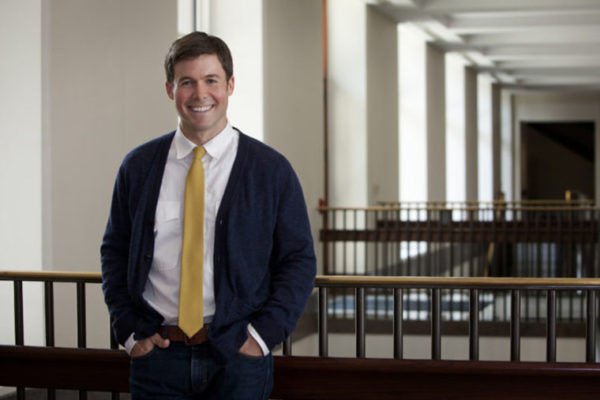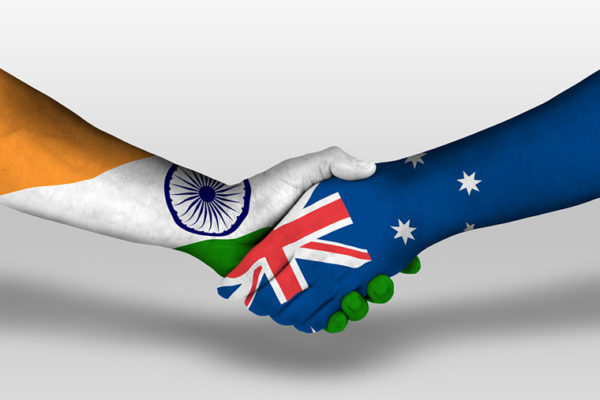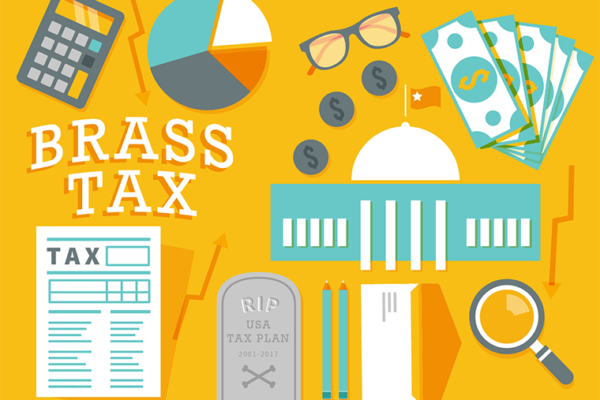Bowen, Perlmutter elected to American Academy of Arts and Sciences
Washington University in St. Louis sociocultural anthropologist John R. Bowen and David H. Perlmutter, MD, dean of the School of Medicine, join the likes of President Barack Obama, actor Tom Hanks and Supreme Court Justice Sonia M. Sotomayor as newly elected members of the American Academy of Arts and Sciences.
Funny side, hard edge: Your boss’ behavior matters
You might expect that a boss who cracks jokes is healthy for the workplace, while a boss who blows his stack isn’t. As it turns out, according to Olin Business School research, the opposite might be true — depending on the circumstances.
Computer-simulated soybeans
Where machine learning meets spring planting and big data intersects with farming big and small, two Olin Business School researchers have devised a computational model so farmers and seedmakers could take the guesswork out of which particular variety of, say, soybean to plant each year.
Insolvency, not liquidity, is the problem
Reviewing empirical and theoretical papers in the aftermath of the 2007-09 financial crisis, Olin Business School finance expert Anjan Thakor cites a twofold finding from his study. First, U.S. and European banks need to understand that insolvency was the issue that rocked the world, not liquidity; and second, the current standards for bank capital are all wrong and require adjustment.
Why customer-facing companies have happier workers
It’s possible the Keebler Elves aren’t as happy at work as they seem. Or SpongeBob SquarePants’ dour fast-food colleague Squidward might be a little cheerier than he lets on. New research from Olin Business School shows that people working in customer-facing companies, such as retailers (or cartoon burger joints), tend to be happier at work, while workers for companies further removed — manufacturing, for example (or treehouse cookie factories) — tend to be less happy.
Academy of Science-St. Louis honors three researchers
Three researchers at Washington University in St. Louis, Raj Jain, David Kirk and Stuart Kornfeld, are being honored for outstanding contributions to science by the Academy of Science-St. Louis.
The universal language of emotion
An international research team, led by Washington University in St. Louis, studied vocal expressions uttered by people in the United States, Australia, India, Kenya and Singapore, and found that people were better at judging emotions from fellow countrymen.
WashU Expert: Research shows policy uncertainty can be a buying opportunity
The current volatility of the U.S. stock market is no cause for alarm, but a Washington University in St. Louis expert who helped to create a volatility index knows the difficulty in predicting if a fluctuation like the current one will subside quickly or slowly: “It is hard to time volatility spikes.”
Once, twice, six times a grocery shopper
In the first test of detailed consumer-buying habits by categories at more than one chain store selling groceries, a team of business school researchers, led by Washington University in St. Louis, found that shoppers weren’t monogamist or bigamist but rather polygamist in their choice of outlets. In fact, it turns out that grocery categories such as dessert toppings, motor oil, candles and refrigerated ethnic foods were some of the leading products that lure customers to separate stores.
Cutting through the politics of tax reform
As Americans begin to file their last returns under a fading tax system, as President Donald Trump concludes his first State of the Union with a great emphasis on the economy, as the world watches this country undergo tectonic changes, it’s time to cut through the politicking and positioning. Washington University in St. Louis compiled researchers and experts across campus to attempt to put the new tax reform into perspective, plainly speaking.
View More Stories









